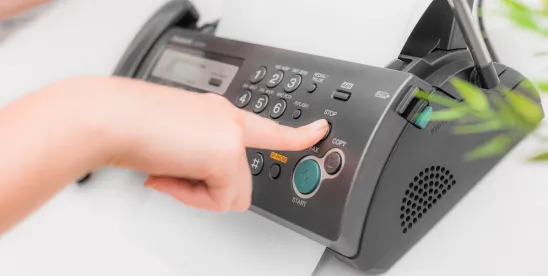Against the backdrop of the big SCOTUS TCPA review and the monumental ATDS ruling in Glasser–that other firms are finally getting around to reporting on–the TCPAWorld continues to turn.
One story we’ve been following is the saga of ringless voicemails. Notably, as the TCPA’s ATDS definition continues to constrict the battle over pre-recorded calls and RVM becomes the hottest front in the endless TCPA war. For those keeping track at home, the score is currently 3 cases to 0 in favor of RVM being subject to the TCPA, but that was before VoApps entered the fight in a big way a few months back with declarations from their founder and great new legal arguments.
Today is too jammed for us to relive all of the background together, but trust me when I say that the Defendant in the Saunders case–the first case considering the issue of whether RVM qualify as “calls” under the TCPA–recently filed a second summary judgment motion hoping to have that court determine that even though RVM are “calls” they are not calls to a number assigned to a wireless carrier; hence they are not subject to the TCPA’s restrictions on pre-recorded calls.
No dice.
The Court–glossing over the nuanced differences in the argument–granted Plaintiff’s ensuing motion to strike the summary judgment motion as a repetitive re-hash of the previous rulings in the case. The decision is Saunders v. Dyck O’Neal, Inc., Case No. 1:17-cv-00335, 2020 U.S. Dist. LEXIS 13262 (W.D. Mich. Jan. 22, 2020). Frustratingly the Court appears to hold that RVM are definitively subject to the statute without addressing the crucial issue:
the Court has already ruled—twice—that the Telephone Consumers Protection Act applies to the communications used by Defendant in this case.
But that’s not technically true. The Court previously held that RVM are “calls” but declined to grant Plaintiff’s summary judgment on the issue precisely because there were dangling issues surrounding whether such calls are actionable in this context. Defendant’s second MSJ was designed to clean up those issues. But rather than address them, the Court tosses the baby with the bathwater and uses some language that is sure to come back to haunt Defendant later in the case.
Interesting stuff. We’ll keep an eye on it.




 />i
/>i

